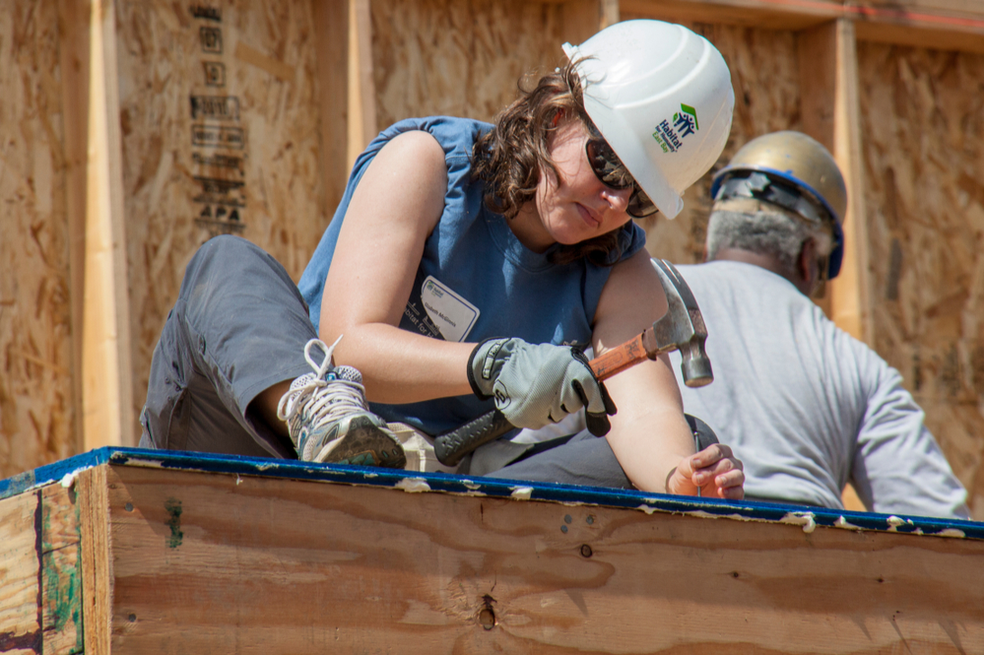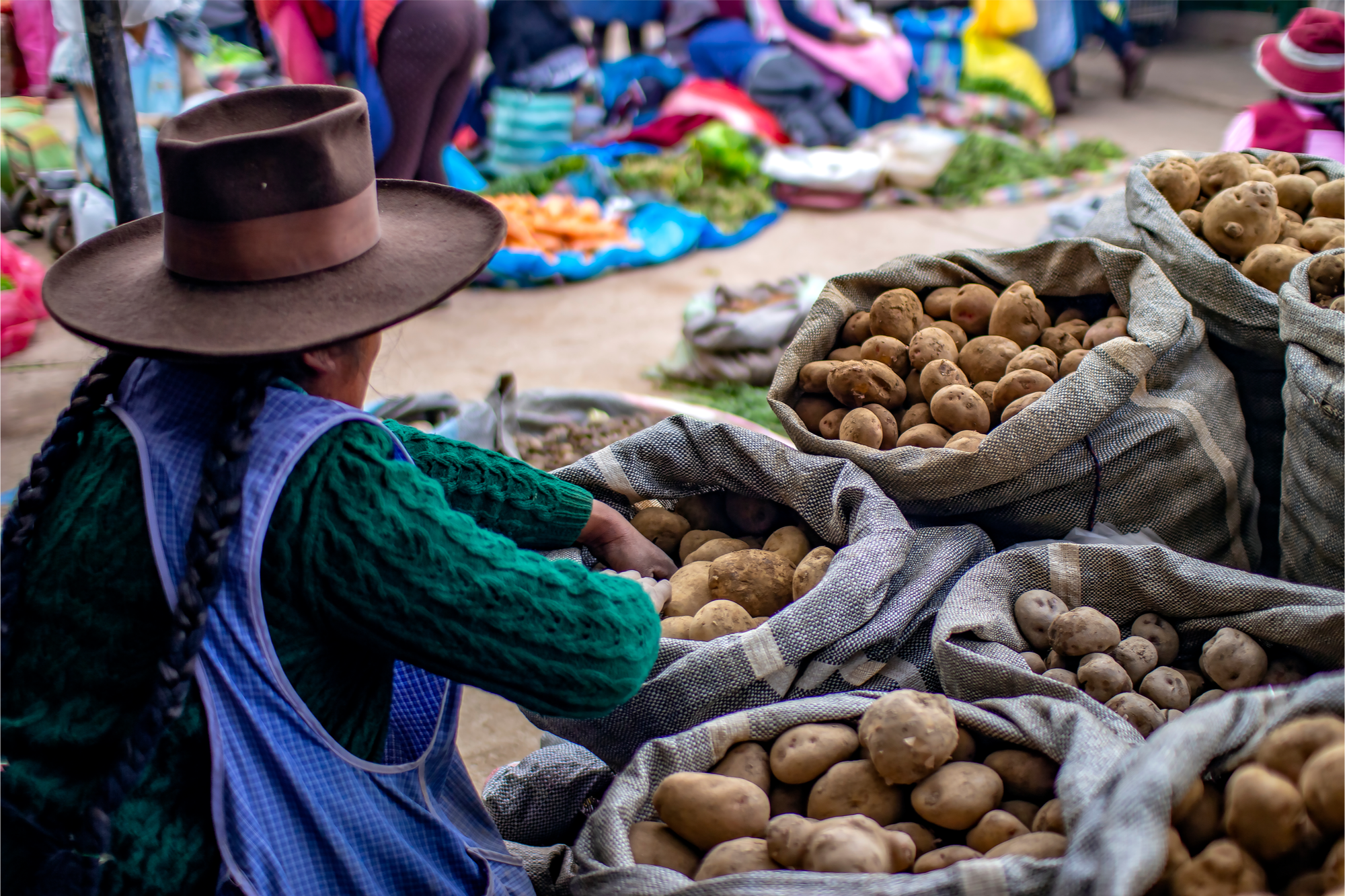
Family foundations are often works in progress. They can evolve dramatically over the years as more assets flow in, interests change, or the next generation gets involved in decisions. Some families may even move away from traditional grantmaking altogether, in favor of a different approach.
The Desai Foundation offers an interesting example of a family-led outfit that’s shifted over time.
Samir Desai was educated in India before coming to the United States and receiving his M.S. in industrial engineering from Illinois Institute of Technology. He worked for several startup companies and in 1985 founded Systems Resources Corporation (SRC), a Route 128 tech firm in Massachusetts which provided services for government agencies like the FAA and the Department of Transportation. In 1997, Desai went on to establish Aditi Inc, a consulting services company.
The same year, Desai also founded the Desai Foundation, a family foundation that focused on the Boston area, Harle, and Morningside Heights in New York City, as well as South Gujarat, India. Support went to organizations focused on health, education and Indian culture. The foundation has since evolved in a different direction, with a retooled mission. I recently connected with Desai Foundation president Megha Desai to unpack some of this history and get a better idea of exactly how the foundation works.
Megha explains that when her father and mother Nilima established the foundation, it was very much intended as a family foundation. “The family wanted to help communities in the U.S and abroad in India elevate through health, culture and education. They wrote checks to organizations that they thought were doing great work,” she says. Eventually, as Desai became increasingly involved with its partners and communities, Desai began to rethink how it operated. The foundation dropped its culture focus area in 2010, in part because the landscape had changed.
While there weren’t a lot of organizations supporting Indian cultural arts in the United States 20 years ago, Megha tells me, now, there are quite a lot. For that reason, the Desai Foundation pivoted away from that focus area. Then, in an even bigger shift, the family turned it into a public foundation in 2014, after years of operating more like a hands-on nonprofit than a grantmaker. Such entities differ from private foundations in that they may engage in fundraising and seek public support from a variety of sources.
While most philanthropists focus on giving away money, being able to also raise funds can amplify one’s impact. If you visit the Desai Foundation’s website, you’ll see a prominent donate button. You can also get a sense of some of the creative ways the foundation is seeking to mobilize donations. This month, in advance of Menstrual Hygiene Day on May 28th, Desai is running a campaign called #PledgeYourPeriod, which aims to get donors to help “provide girls in rural India with access to menstrual health products.” The hope is that women donors won’t just make a donation, but will explain why they did so on social media. The foundation estimates that a $690 gift can provide 2,760 menstrual pads. (We’ve reported before that menstrual hygiene is a critical cause, but one that’s overlooked by most funders.)
The menstrual hygiene campaign reflects Desai’s current mission, which is to “empower women and children through community programs to elevate health and livelihood in India and the United States.” The foundation currently has a small staff as well as a board of directors and advisors.
The Desai Foundation is not so unusual in splitting its focus between the U.S. and the developing world. We often see donors wanting to give back at home, but also committed to improving life in much poorer countries. So why not do both?
One of Desai’s efforts in the U.S. is Community Impact (CI), a student-run organization at Columbia University that serves nearby communities like Harlem and Morningside Heights. Megha and her sister, Barnard and Columbia College graduates, both participated in the organization, whose 900 student volunteers impact 9,000 people in the community through mentorship, English training, meals on wheels, and more, according to Megha. She adds that she wouldn’t be doing what she was doing today had she not been a volunteer in this program, and hopes that the foundation’s support will continue to embed social change DNA into students.
The Desai sisters’ history with CI also spurred Desai Foundation to partner with a similar program at Indian Institute of Technology (IIT) Gandhinagar, in Gujarat, expanding a social initiative called NYASA/NEEV, benefiting local communities, particularly construction workers and their families in nearby villages. ITT, by the way, is a prominent Indian educational institution responsible for graduating a number of successful Indian-born immigrants who came to the states.
While the Desai Foundation isn’t primarily a grantmaking outfit, it’s still open to that approach. If there is an organization truly aligned with what Desai is trying to do, Megha tells me she is happy to begin a conversation. But she cautions: “It takes a really long time to get to know the people with which we want to partner.”
Apart from programming partners, Desai also has brand partners. Perhaps its most prominent is Payal Singhal, a leading fashion designer based in India who Megha compares to Diane von Furstenberg. Desai’s affiliation with Payal Singhal has really raised the profile of the foundation in India, Megha says. What’s more, Singhal has donated two of her iconic patterns to Desai; the foundation gets a percentage of the purchase of anything from a simple bag to a full-on wedding dress. Through this relationship, Desai has also persuaded Singhal to incorporate more rural women into her production chain, and now Singhal works with some of the women that Desai teaches to sew in her regions.
Megha calls this work “pretty revolutionary. In general, these people like to control the entire process, and all under one roof. Up until last year, that was the case. She’s based in Bombay, but now incorporating more rural women into her supply chain line.” We’ve reported before on philanthropic efforts to help women in the fashion supply chain, which is another area that most funders ignore.
Besides Samir Desai’s work through Desai Foundation, he was also one of the original founders of the IndUS Entrepreneurs (TiE)’s Boston chapter, a cadre of Indian-American businessmen who provide mentorship to the next generation of entrepreneurs. “The organization has grown so large that now, my father has to wear a name tag,” Megha says.
She adds that the Desai Foundation’s tagline, to go beyond one’s circumstances, “doesn’t just come from the foundation, it comes from the way my father has raised us through his constant mentorship.”




.jpg)








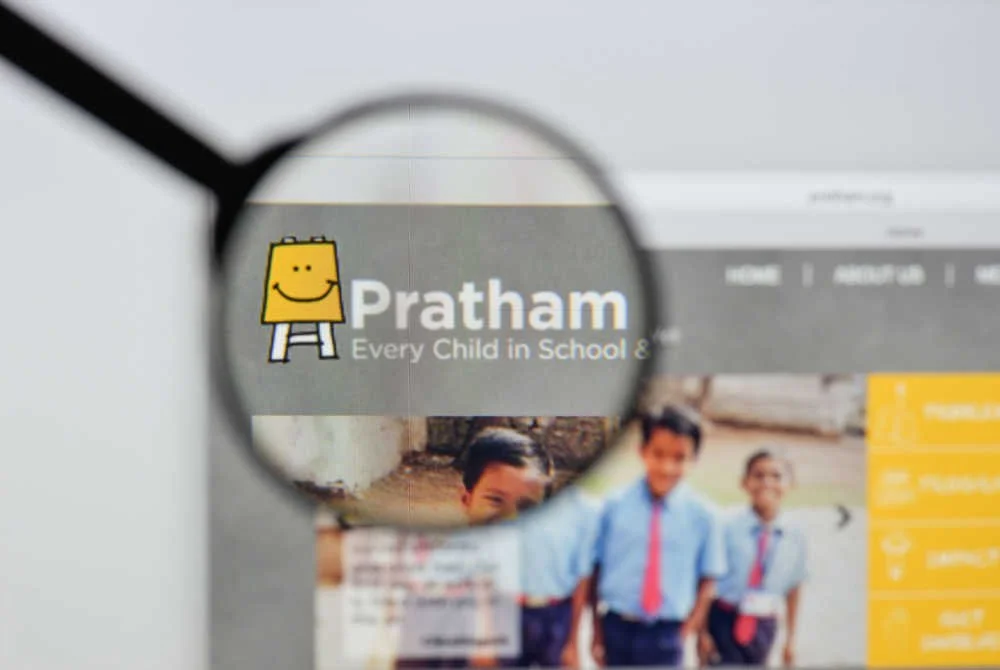

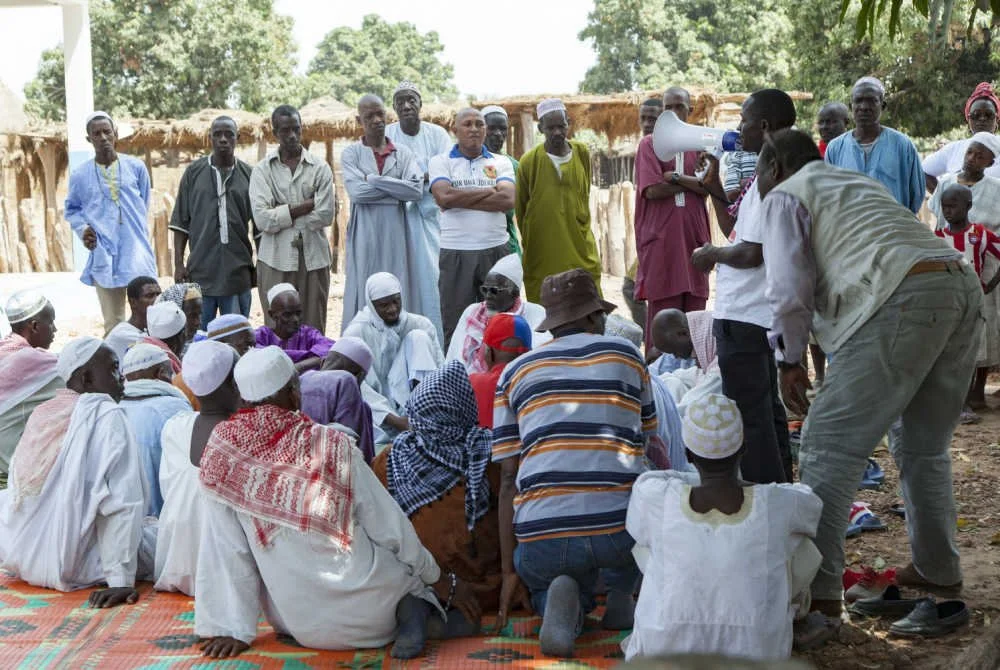



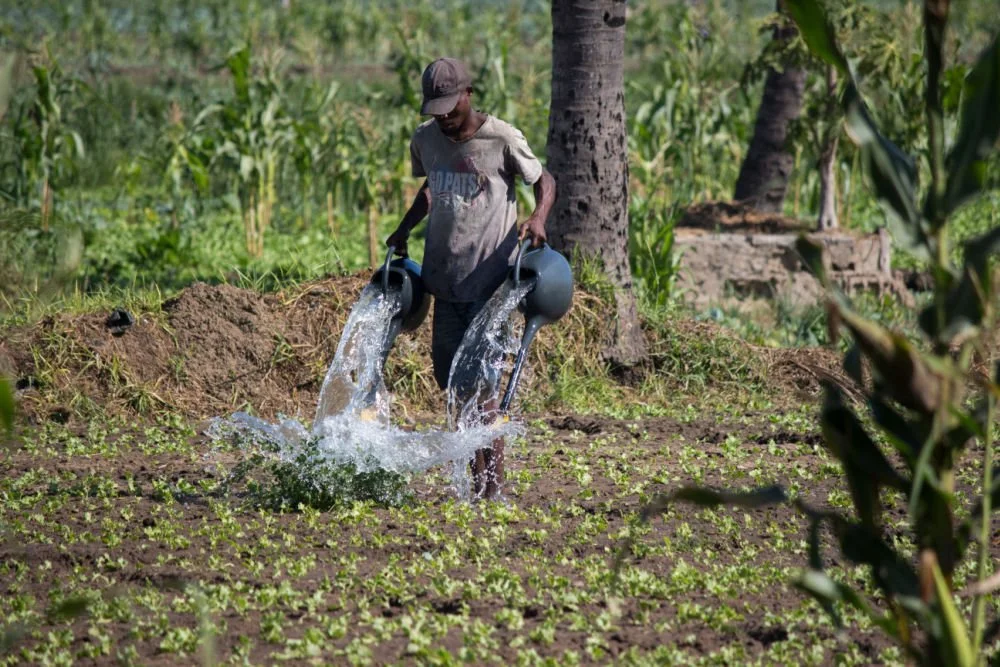


.jpg)
.jpg)
+(1).jpg)




